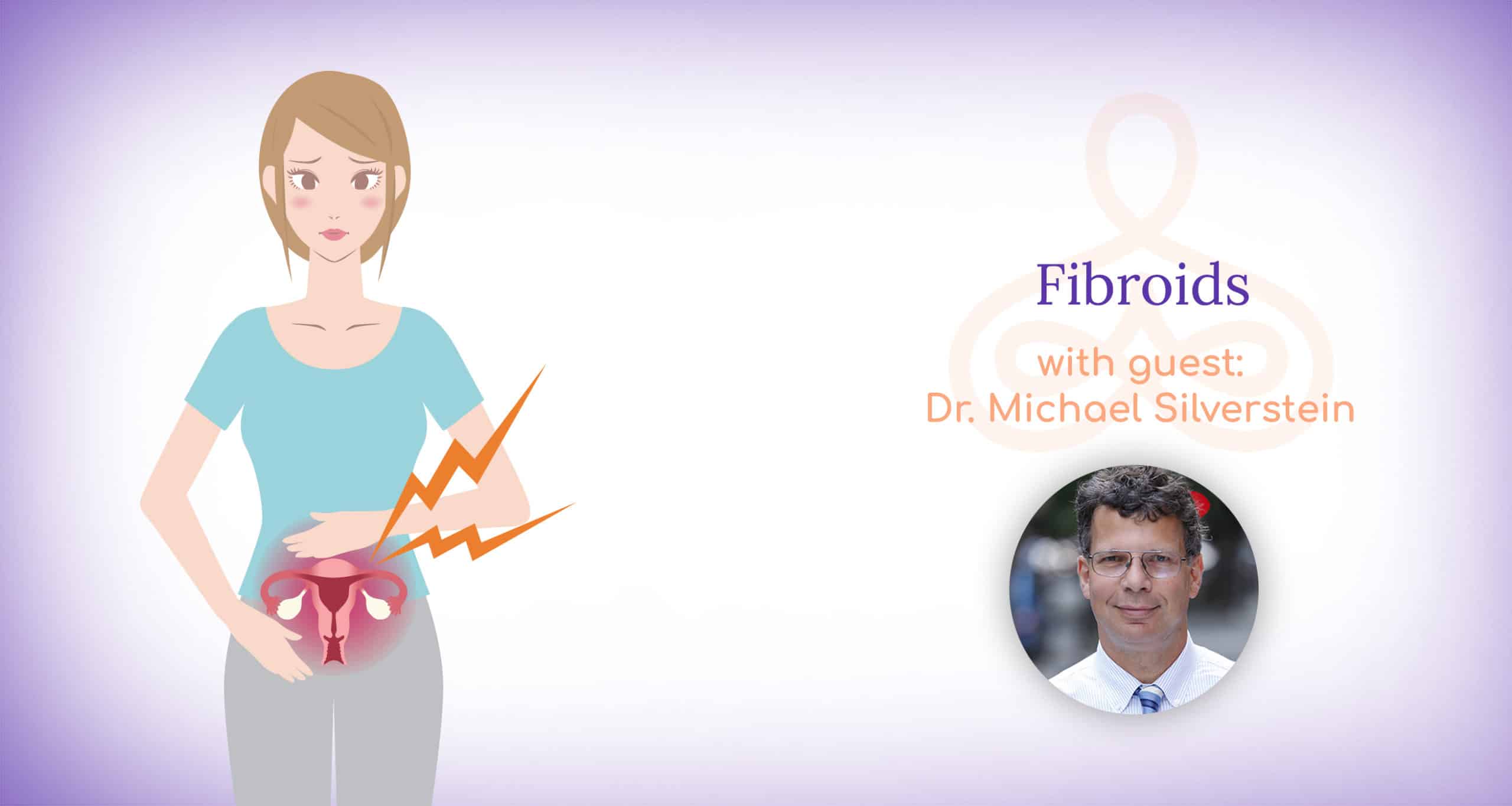On an episode of Healthful Woman, Dr. Silverstein explained a very common gynecological condition known as fibroids. In that episode, Dr. Silverstein reviewed what fibroids are and what symptoms and treatments were common for the condition. You can listen to that episode on the Healthful Woman website or your favorite podcast platform or read on for some need-to-know information about fibroids.
What are Fibroids?
Dr. Silverstein explains that “fibroids are just small muscle masses, little swirls of muscle.” These are very common in the uterus, and autopsy studies have found that between ¼ and 1/3 of all women have fibroids, many with no symptoms. Fibroids may be medically referred to as leiomyoma or simply myoma. They are typically vey small, but range in size from about the size of an apple seed to as large as a grapefruit. They can be in the uterine cavity (submucosal), in the muscle of the uterus (intramural) or on the outside of the uterus (subserosal). The larger fibroids, pending their location, are more likely to cause symptoms and could require treatment.
Who Gets Fibroids?
Fibroids are most common as you age, with women in their 30s or 40s through menopause being most likely to develop them. However, after menopause, fibroids generally shrink.
In addition, those with a family history of fibroids are more likely to develop them. African-American women may be more likely that other ethnic groups to develop fibroids as well. Finally, those who are obese or eat red meat frequently may be more likely to have fibroids. Some studies show that eating a diet full of green vegetables can decrease your likelihood of developing fibroids.
What are the Symptoms of Fibroids?
Fibroids can cause a variety of symptoms, as they can be found “virtually anywhere” on the uterus, as Dr. Silverstein explains. One of the most common is painful periods or heavy menstrual bleeding. Patients may also experience a sensation of fullness in the pelvic area or enlargement of the lower abdomen, especially if fibroids grow very large. Frequent urination, constipation, pain during sex, and lower back pain can also occur. Finally, fibroids may cause infertility or complications during pregnancy.
The overwhelminh majority of fibroids do not cause any symptoms at all, and do not pose a concern. Often, your gynecologist will discover a fibroid incidentally while performing a physical scan or ultrasound for an unrelated issue. If your gynecologist finds a fibroid that is not causing any symptoms and is not too large, you don’t need to be concerned. However, your doctor should still check on the fibroid periodically to ensure it is not growing too large or causing symptoms or complications.
How are Fibroids Treated?
One of the most common and simplest methods of treating fibroids is to stabilize the hormones using contraceptives. Hormonal contraceptives help to thin the lining of the uterus and stabilize estrogen levels, which slows the growth of uterine fibroids and helps ease symptoms like painful periods.
Otherwise, surgical removal of fibroids can be an option, especially for those with severe symptoms or larger fibroids. Some options include myomectomy (removal of the fibroids alone), hysterectomy (removal of the uterus entirely), or endometrial ablation (removal of the uterine lining using lasers, wire loops, electric current, freezing, etc.)
Even when your fibroids do not cause any symptoms, your gynecologist will still want to check on them periodically. This is especially important during pregnancy, when fibroids can grow at a more rapid pace.
Schedule an Appointment
If you have symptoms of fibroids and want to learn more, schedule an appointment with one of our OB/GYNs at Carnegie Women’s Health. Call our New York, NY office at (315) 628-7063 or contact us online.
Sources: “Uterine fibroids” Office of Women’s Health, https://www.womenshealth.gov/a-z-topics/uterine-fibroids

